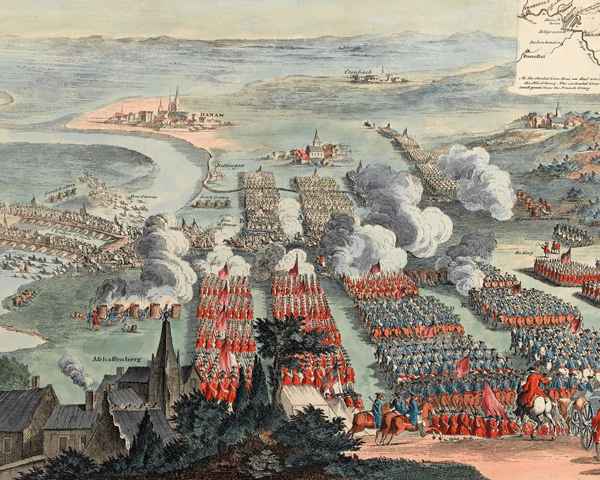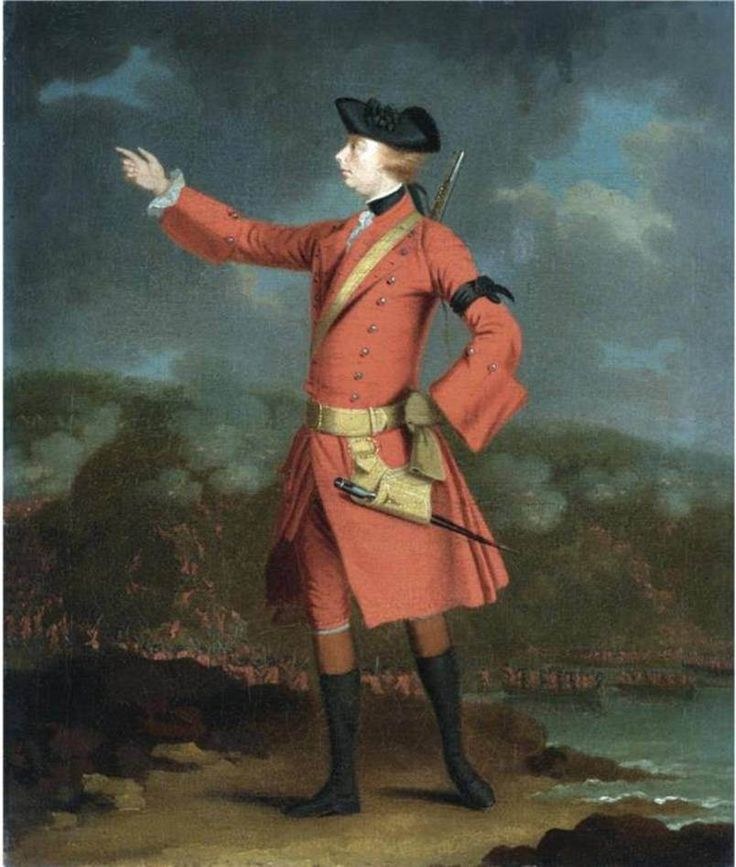James Wolfe's military tactics and techniques were hugely influential
Major General James Wolfe of the British Army is most known for his training innovations and his 1759 victory against the French at the Battle of the Plains of Abraham in Quebec. He served extensively in Europe during the War of the Austrian Succession. Edward Wolfe, the great general's son, was a young man when he earned his first appointment.
The British Army swiftly adopted James Wolfe's military strategies and combat methods after his death, making his legacy one of the best in the history of the British Army. Wolfe's outstanding tactical strategy and strong leadership were acknowledged with his wins, particularly the one in Quebec. More generals later adopted these strategies, and new recruits to the army were instructed in how to fight, notably with a bayonet.
As a result of Wolfe's role in the capture of Quebec in 1759, Britain's triumph in the Seven Years' War and subsequent territorial expansion were forever associated with him. He was portrayed in the internationally renowned picture The Death of General Wolfe. Since the conquest of Quebec directly resulted in the conquest of Montreal, ending French authority of the colony, Wolfe was posthumously called "The Hero of Quebec," "The Conqueror of Quebec," as well as "The Conqueror of Canada."









